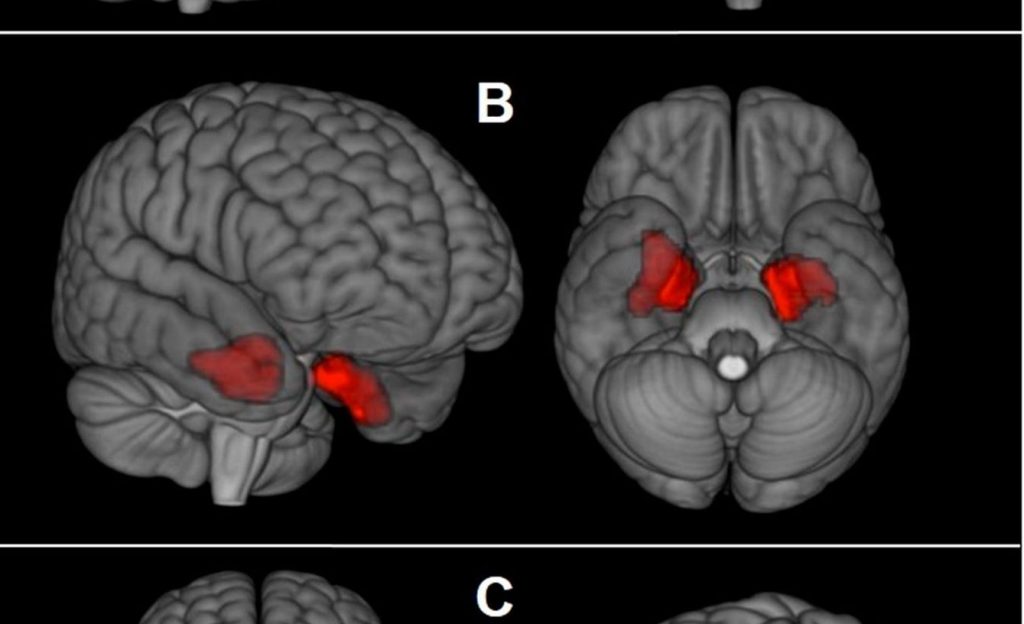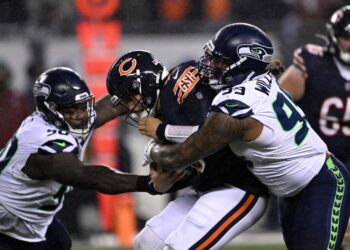Former NFL players who reported experiencing concussion symptoms while playing were more likely to perform worse on a series of cognitive tests decades after retirement, according to Boston researchers who studied more than 350 retired players.
When comparing the 350 former pro players to more than 5,000 men in the general population, cognitive performance was generally worse for retired players compared to the non-players, the Mass General Brigham scientists found in the new study.
The ex-players who had concussion symptoms during their careers scored worse on assessments of episodic memory, sustained attention, processing speed and vocabulary. They were studied an average of 29 years after their playing careers ended.
These results are the latest evidence of pro football’s impact on accelerating cognitive aging, said the researchers who stressed that more studies are needed to track cognitive performance in former players as they age.
“It is well-established that in the hours and days after a concussion, people experience some cognitive impairment. However, when you look decades out, the data on the long-term impact have been mixed,” said study senior author Laura Germine, director of the Laboratory for Brain and Cognitive Health Technology at McLean Hospital.
“These new findings from the largest study of its kind show that professional football players can still experience cognitive difficulties associated with head injuries decades after they have retired from the sport,” added Germine, who’s also an associate professor of psychiatry at Harvard Medical School.
This new research is part of the ongoing Football Players Health Study at Harvard University.
For the study, 353 retired NFL players completed hour-long neuropsychological tests through an online platform called TestMyBrain.
The players were asked about the number of times they had the following symptoms after a blow to the head during a game or practice: headaches, nausea, dizziness,…
Read the full article here







